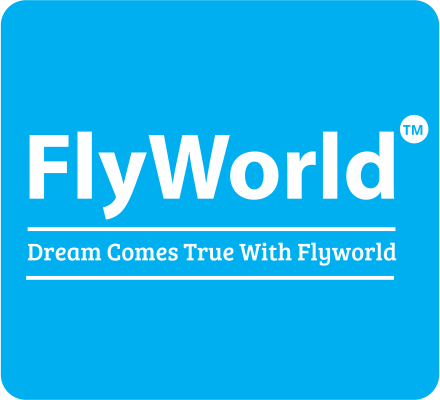The Federal Skilled Trades Program was introduced in 2013 to address the shortage of skilled trades workers in Canada.
The Federal Skilled Trades Program (FSTP) is an economic immigration pathway under the Express Entry system.
It was created to address the shortage of skilled trades workers in Canada as the baby boomer generation reaches retirement age. This, combined with Canada’s low birth rate, means there are not enough skilled trades workers in Canada to fill the gap and immigration is vital to maintaining the skilled trades workforce in future.
What is the FSTP?
The FSTP is a dedicated pathway for skilled trades workers to gain status as a Canadian permanent resident. The eligibility requirements differ from other Express Entry programs because they are specific to just one National Occupation Classification (NOC), skill level (Skill level B). There are also different educational and language requirements.
To be eligible for the FSTP, candidates must meet the following criteria:
- At least two years of skilled trades work experience within the five years before applying
- A minimum Canadian Language Benchmark of 5 for speaking and listening and 4 for reading and writing on their English or French language test
- Demonstrate proof of funds (if applicable)
Skilled worked experience
To be eligible for the FSTP, candidates must be able to demonstrate at least two years of paid, full-time work experience or an equivalent amount of part time experience within the five years before you apply in any of the following NOC occupational categories. All these major groups fall under NOC skill type B:
- Major Group 72, industrial, electrical and construction trades
- Major Group 73, maintenance and equipment operation trades
- Major Group 82, supervisors and technical jobs in natural resources, agriculture and related production
- Major Group 92, processing, manufacturing and utilities supervisors and central control operators
- Minor Group 632, chefs and cooks
- Minor Group 633, butchers and bakers
Language Requirements
Candidates for the FSTP must be able to demonstrate a minimum level of proficiency in either English or French. They must have a Canadian Language Benchmark (CLB) score of five in speaking and listening and a CLB score of 4 in reading and writing.
Proof of funds
Candidates must be able to show that they have enough money to support themselves and any dependent family in Canada. The amount increases with the number of people you are supporting. Proof of funds comes from the bank or financial institution where you keep your money and will show your average account balances over the previous six months and any outstanding debts. This is not necessary if you are already employed in Canada, or you have a valid job offer from an employer in Canada.
| Number of family members | Funds required in CAD |
|---|---|
| 1 | $13,310 |
| 2 | $16,570 |
| 3 | $20,371 |
| 4 | $24,733 |
| 5 | $28,052 |
| 6 | $31,638 |
| 7 | $35,224 |
| Each additional family member | $3,586 |
Get assessed by a province or territory
Skilled trades in Canada are regulated by provincial and territorial governments. It is likely that candidates for the FSTP will need a Canadian employer to provide some experience and training. The process can differ in each province and territory. You can learn more on the Immigration Refugees and Citizenship Canada (IRCC) website.
Education
There is no set education requirement for FSTP candidates. However, by obtaining an Educational Credential Assessment (ECA) or showing a that they have completed secondary or post-secondary education in Canada candidates for FSTP can boost their Comprehensive Ranking System (CRS) score and improve their chances of becoming a permanent resident through Express Entry.
Next steps
Once a candidate has self-assessed that they are eligible for the FSTP, they can go online and create an Express Entry profile on the IRCC website. After you submit your profile, IRCC will provide you with a CRS score. This score is based on criteria such as your age, work experience, language skills and education, among other human capital factors.
The score you receive is ranked against other candidates in the Express Entry pool.
Those with the highest-ranking scores will receive an invitation to apply (ITA) for permanent residence. Once you have received your ITA, you have 60 days to submit your application. IRCC then will evaluate your documents and make the final decision on your application.
Conclusion
Express Entry invitations to FSTP candidates have been paused since December 2021 due to the pandemic. However, invitations will resume in early July of this year. IRCC is looking to clear the backlog of applications and bring processing times to six months for new applications. According to the Immigration Levels Plan 2022-2024, Express Entry will once again become main way Canada welcomes economic class immigrants. By 2024, Canada will look to welcome over 110,000 Express Entry immigrants.
